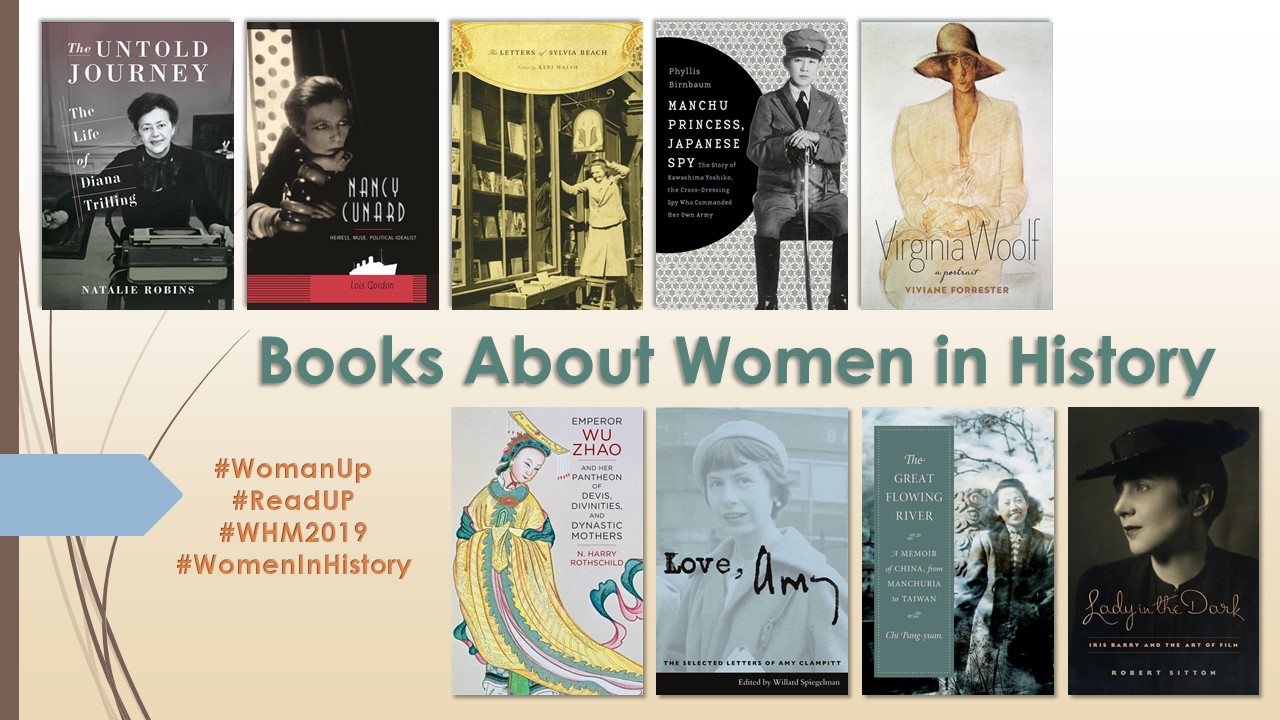Griffith, Pickford Rockefeller, and Bunuel: The Life and Relationships of Iris Barry in Photos
The following photos and captions, provided by Robert Sitton, author Lady in the Dark: Iris Barry and the Art of Film, depict not only Iris Barry but the figures who played an important role in her life and career. From Wyndham Lewis and D. W. Griffith to Nelson Rockefeller and Luis Bunuel, Barry’s life and work as film curator at the Museum of Modern Art (MoMA) put her in contact with some of the most important cultural figures of the twentieth century:

Portrait of Iris Barry by Sasha — As a young writer, Iris Barry attracted the attention of Ezra Pound, who read some of her work in Poetry magazine. This resulted in an historic correspondence in which Pound set down many of his ideas about literature

Wyndham Lewis — Pound’s fellow Vorticist, the novelist and painter became Iris’s lifelong love and the father of her children.

Pickfair guests — Left to right: Frances Goldwyn, John Abbott, Samuel Goldwyn, Mary Pickford, Jesse Lasky, Harold Lloyd, and Iris Barry on the evening in 1935 when Iris convinced the Hollywood moguls to donate their films to the Museum of Modern Art.

Iris Barry and John Abbott — Examining film from their 1936 trip to European archives.

Alfred Barr — the founding Director of the Museum of Modern Art, who hired Iris as the Museum’s first Curator of Film.

D.W. Griffith — the American film director, subject of Iris’s major catalog and retrospective in 1940, and the source of some of Iris’s troubles at MoMA.

Nelson Rockefeller in Rio, 1942—assuming MoMA’s Presidency in 1939, Rockefeller put the Museum on a war footing during World War II.

Luis Bunuel at Iris’s farm in 1942—the Surrealist filmmaker translated films for Rockefeller’s Latin American project but was hounded out of his job by the NY archdiocese for the impieties of L’Age d’Or (1930).

Iris Barry—this portrait by George Platt Lynes of Iris at MoMA illustrates what Iris meant when she identified herself at times as the “Queen in the deep-freeze.”

Iris Barry—having spent the last twenty years of her life with an obstreperous olive oil smuggler in the south of France, Iris allowed that she had not lived wisely but that “It has all been very interesting.”


